This “Special Edition” Blu-ray release from Arrow Academy will be available for purchase (www.arrowvideo.com – www.facebook.com/ArrowVideo/) on September 24th.
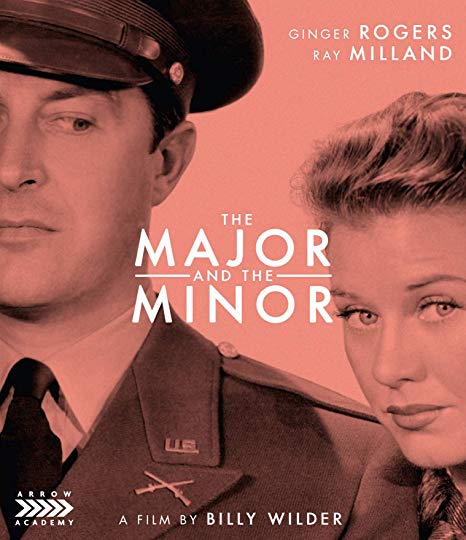
Over recent months, there have been some great Blu-rays of films from writer/director Billy Wilder. Criterion put out a snazzy high definition upgrade of Some Like It Hot (1959) and Arrow Academy did a phenomenal job presenting Wilder’s Best Picture winner The Apartment (1960) on Blu-ray. Now, Arrow have dug even deeper into the filmmaker’s catalog, releasing his very first Hollywood feature. The Major and the Minor might not stand as his best work, but it is a very breezy and entertaining comedy that is not only superior to most features of its era, but displays Wilder’s wit and technical skill. The disc arrives with some great extras that really add even more depth and analysis to themes hinted at over the running time.
Susan Applegate (Ginger Rogers) is a woman trying to survive in New York City. Unfortunately, it hasn’t gone well, with the working girl moving from job to job to make ends meet. Even worse, she finds herself propositioned and accosted by every male client in the city she encounters. Frustrated, Susan decides to leave the Big Apple and return home to Iowa, only to discover that train fares have been raised. With no other options, she dons an elaborate disguise to get a half-price ticket… that of a 12-year-old girl known as Sue-Sue. Once onboard, the lead befriends the kind, polite and, well, somewhat visually impaired Major Philip Kirby (Ray Milland). Susan finds herself having to keep up the elaborate act through various scenarios in order to get herself home.
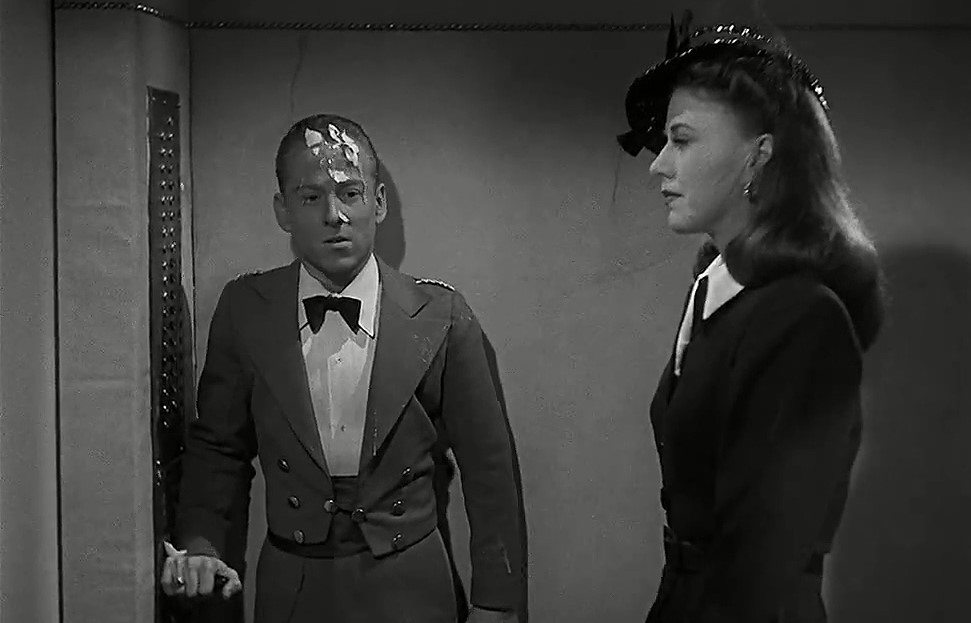
It’s admittedly a hard concept to sell, given that all the best costuming and make-up in the world can’t really make Rogers look 12. At least the movie seems aware of this as well, deriving humor from the absurdity of the situation. Most adults give her double-takes and confused looks which add some laughs, and a few do explicitly challenge her identity. When they find out, especially in tight spaces like the train, there’s plenty of entertaining physical comedy as Susan tries to avoid getting caught. These gags continue once Sue-Sue and the major are witnessed by his angry fiancé Pamela (Rita Johnson). Naturally, Susan feels obligated to help sort out the confusion by maintain the rouse at visiting a military academy. As time passes, she begins to develop an affection for Kirby and attempts to help him fulfill his dream of being approved for active military service in Europe.
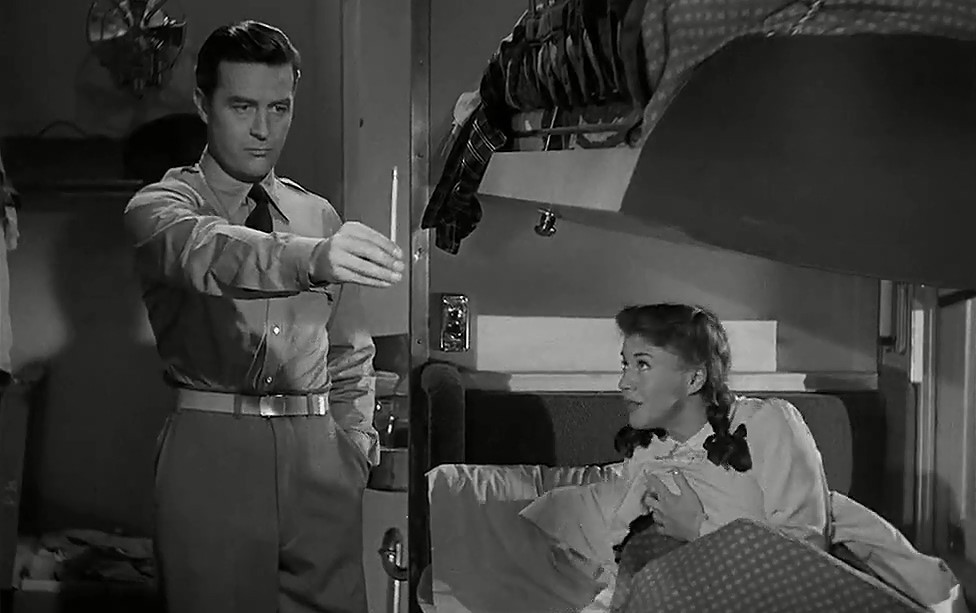
There’s plenty of sharp and witty banter throughout between all the characters, including Susan and Major Kirby. He’s earnest, sweet, principled and trusting… the very opposite of every man the lead has encountered. And the change in locale helps add new comic shenanigans as a group of cadets get in Sue-Sue’s way and try to lock lips with her. While they’re more an irritant than a threat, it does add even more complications to her stay (as well as suggest the next generation of men exhibiting the very same bad behavior of their fathers). The movie also earns some laughs during a big dance party where Susan must avoid one of her last customers who is the parent of an attendee.
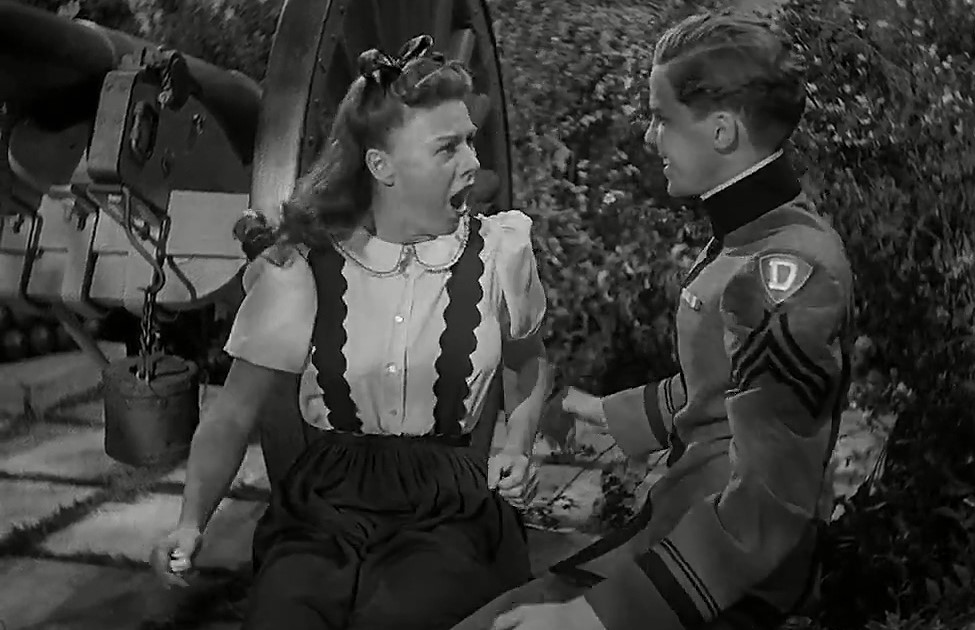
While a romantic comedy about a simmering romance between a man and a woman pretending to be a child certainly wouldn’t play today, the charming cast and innocent tone manage to minimize the more unsavory undercurrents of the scenario. In fact, much of its success is due directly to the work of Ginger Rogers. This is her movie through and through as she showcases an incredible amount of comedic skill. The performer charms as an adult who verbally minces her grabby customers, then effectively acts like a child… and at one point is even forced into having to impersonate her own elderly mother. Rogers work in creating multiple personas onscreen is reminiscent of greats like Alec Guinness and Peter Sellers. She is simply excellent in the feature.
This might have been a fun but forgettable experience, but Wilder manages to add a great deal of subtext to the goofy story. While comic scenes are played with a light touch, the director reminds viewers of the war overseas. Fiancé Pamela is portrayed as an isolationist who doesn’t care about the rise of fascism or what happens to those in Europe. Instead, she is more concerned with her social standing and keeping her future husband at home. The conflict also adds a sense of poignancy to Susan’s growing feelings for Major Kirby. She knows that his bride isn’t a good person, but also realizes that her plan’s success may result in her love interest leaving home and potentially losing his life.
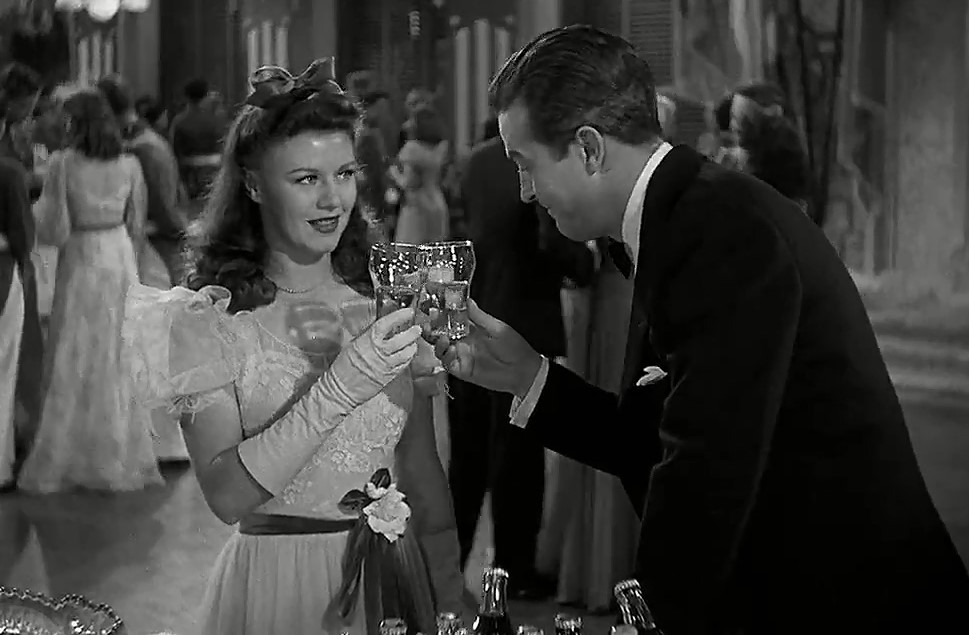
Director and co-writer Wilder had helmed one film in France in the mid-1930s before emigrating to the US and working exclusively as a screenwriter for close to a decade. Despite the lengthy break, his Hollywood debut is very accomplished on a technical level. There’s absolutely nothing about the lengthy and well-choreographed master shots and clever editing that doesn’t look like the work of a skilled master; all the jokes are perfectly timed. As such, it doesn’t look like the work of a Hollywood studio newbie filmmaker.
The picture quality is very strong thanks to Arrow Academy’s new presentation, transferred from the original film elements. There’s a bit of grain present in a shot or two, but most of the footage looks noticeably sharp and crisp. Those wanting to know more about Wilder and the early days of his Hollywood career will also get some intriguing information. There’s a very informative film scholar commentary track which examines this romantic comedy’s unusual elements and details many recurring themes which the director would reuse in later pictures. This is an excellent track.
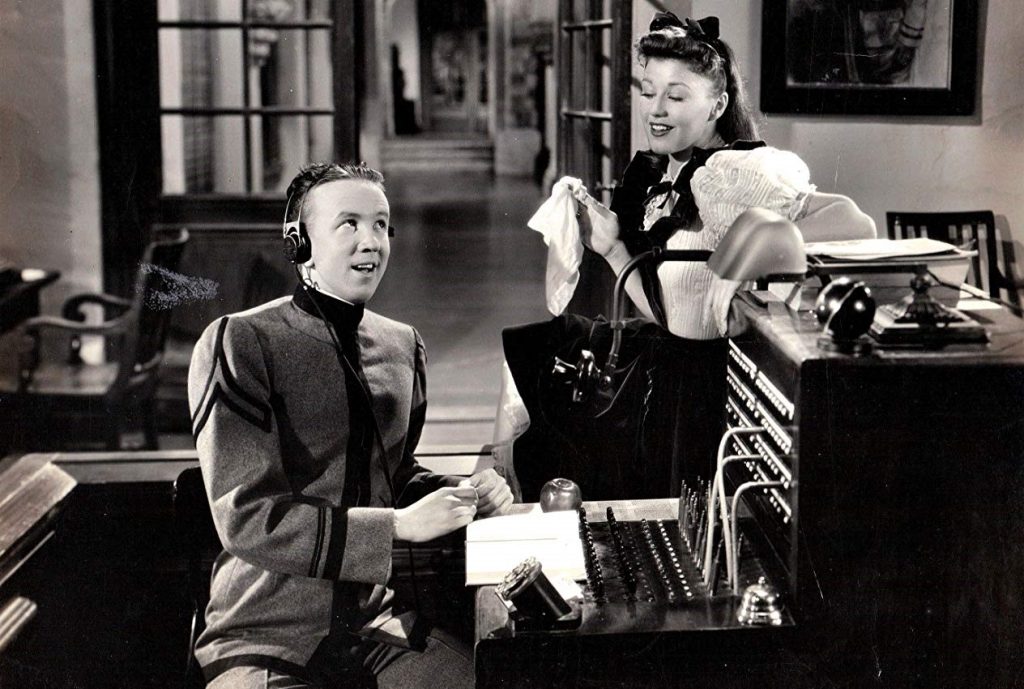
There’s also a newly filmed video appreciation with another critic who offers some stories about Wilder and his own take on the film’s deeper meanings. This includes the filmmaker escaping Europe during the rise of the Nazi party. He makes his opinion about WWII clear and uses his storytelling abilities to help Americans understand the seriousness of the situation (they wouldn’t have to wait long, as Pearl Harbor was bombed after the film was shot).
The bonuses also reveal that the filmmaker had returned to directing because he had been frustrated with other filmmakers and stars taking his screenplays and butchering them. He is quoted as saying, “I set out to make an entertaining, commercial picture I wouldn’t be ashamed of, so my first picture as a director wouldn’t be my last.” Even though both critics on the disc point out that there are some odd and less-than-commercial elements to the story, Wilder was ultimately right. The movie was a critical and commercial hit, no doubt encouraging him to go on and make some of the greatest titles in Hollywood history (Double Indemnity, Sunset Blvd., Ace in the Hole, Sabrina, The Seven Year Itch, Witness for the Prosecution in addition to those listed at the top of this article).
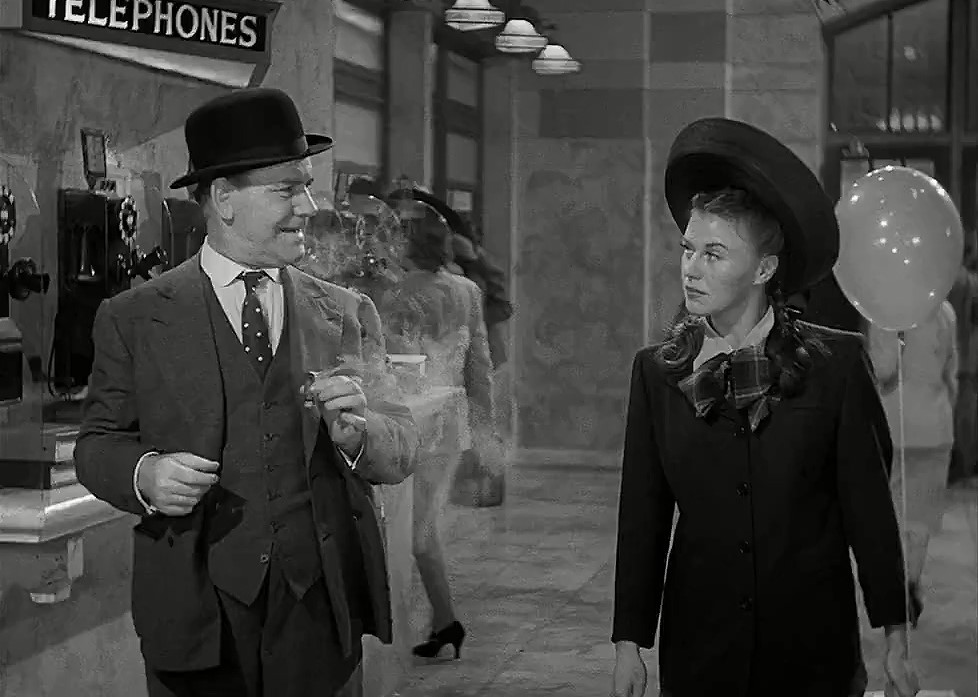
Additionally, the Blu-ray includes a 60-minute radio play of the film performed by stars Ginger Rogers and Ray Milland. Additionally, there’s another lengthy audio interview with Milland as he talks about his entire career and many of his experiences on set. An image galley as well as a trailer is also included. In the end, viewers will learn a lot about the film and the filmmaker behind it.
If you enjoy the work of Billy Wilder, there’s plenty to enjoy here and Arrow Academy have done an excellent job with the Blu-ray, which not only gives the film a visual upgrade but adds informative trivia that add another level of appreciation. For fans of classic cinema, The Major and the Minor is most certainly recommended.


